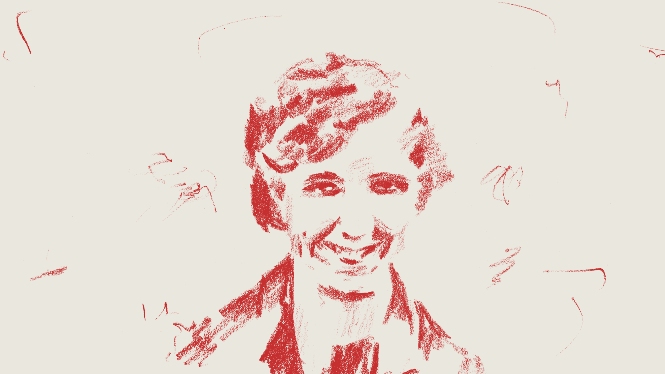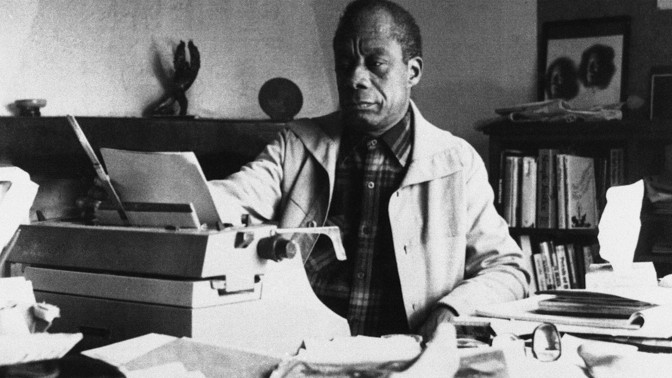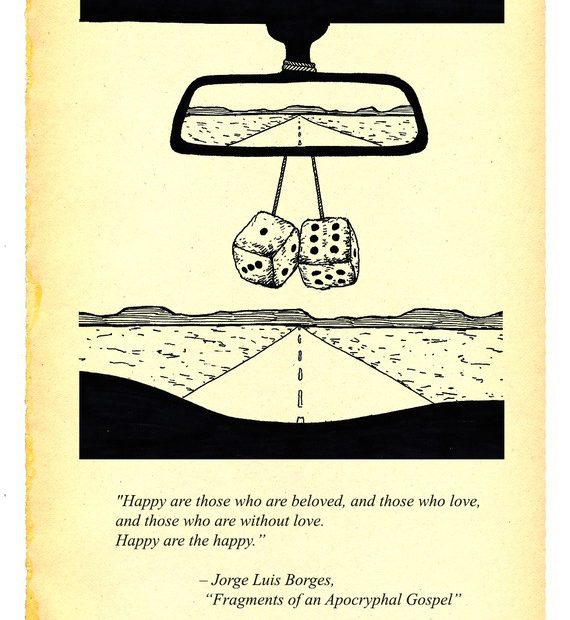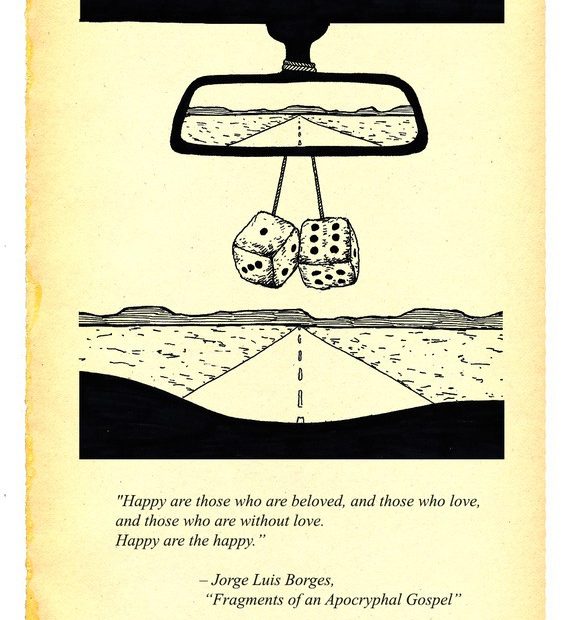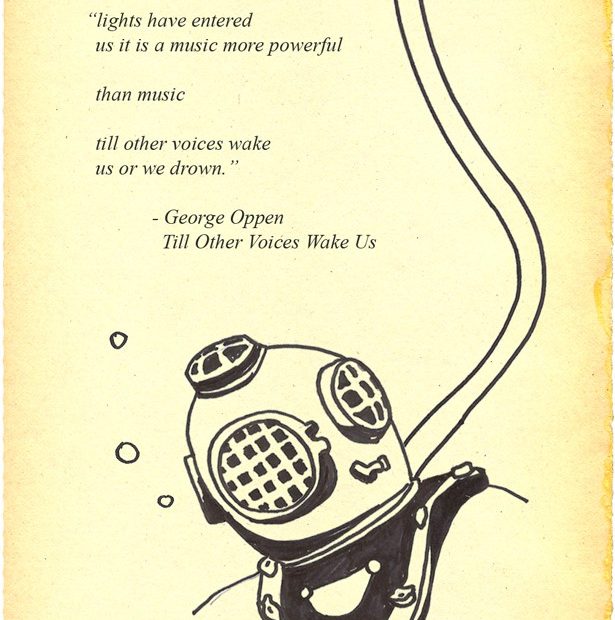Why Do We Keep Writing About Life After Death?
When the world is at war, and you’ve endured night after night of fires and bombs going off all around you, how do you make sense of your own survival? For the unnamed narrator of R. P. Lister’s short story “My Grandfather’s Ghost”—published in The Atlantic in 1960—the solution is to transform the experience into a sort of tall tale, playing up the comedic moments over the real fear, long after the danger has passed.


